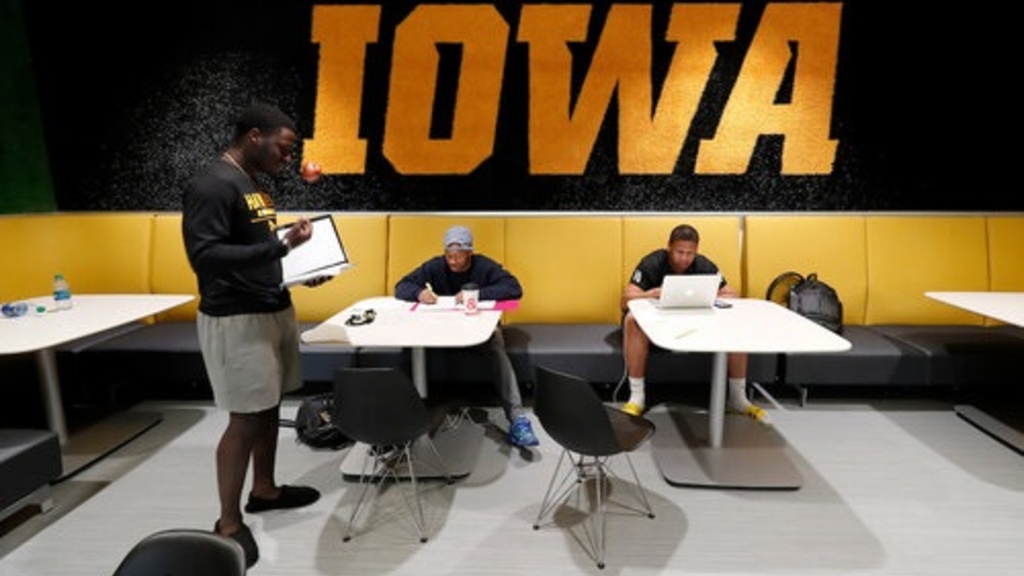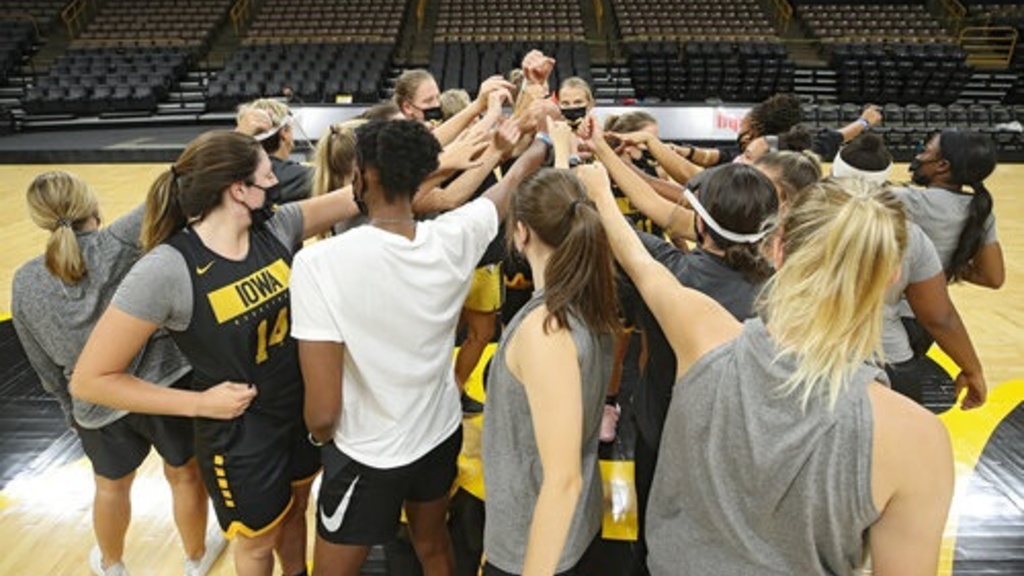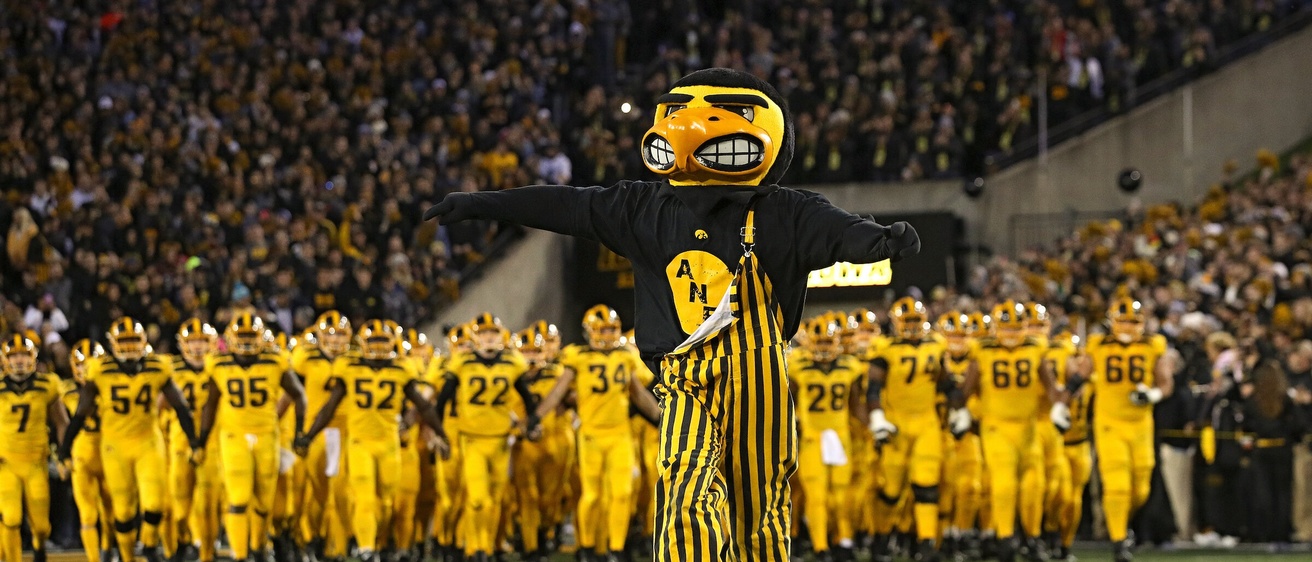
DIVERSITY.
Diversity: Diversity refers to all aspects of human difference, social identities, and social group differences, including but not limited to race, ethnicity, creed, color, sex, gender, gender identity, sexual identity, socio-economic status, language, culture, national origin, religion/spirituality, age, (dis)ability, military/veteran status, political perspective, and associational preferences.

EQUITY.
Equity: Equity refers to fair and just practices and policies that ensure all campus community members can thrive. Equity is different than equality in that equality implies treating everyone as if their experiences are exactly the same. Being equitable means acknowledging and addressing structural inequalities — historic and current — that advantage some and disadvantage others. Equal treatment results in equity only if everyone starts with equal access to opportunities.

INCLUSION.
Inclusion: Inclusion refers to a campus community where all members are and feel respected, have a sense of belonging, and are able to participate and achieve to their potential. While diversity is essential, it is not sufficient. An institution can be both diverse and non-inclusive at the same time, thus a sustained practice of creating inclusive environments is necessary for success.
Racism describes a system of power and oppression/advantage and disadvantage based on race. Structural racism is a system, or series of systems, in which institutional practices, laws, policies, social- cultural standards, and socio-political decisions establish and reinforce norms that perpetuate racial group inequities (Lawrence, Keleher, 2004).
Individual racism refers to a person’s racist assumptions, beliefs, or behaviors. Individual racism stems from conscious and unconscious bias and is reinforced by structural racism. Examples include prejudice, xenophobia, internalized oppression and privilege, and beliefs about race influenced by the dominant culture (Lawrence, Keleher, 2004).
Implicit bias refers to the attitudes or stereotypes that affect our understanding, actions, and decisions in an unconscious manner. These are mental shortcuts that help us more easily make sense of our incredibly complex world. These biases, which encompass both favorable and unfavorable assessments, are activated involuntarily and without an individual’s awareness or intentional control. These associations develop over the course of a lifetime beginning at a very early age through exposure to direct and indirect messages.
We all have implicit biases, no matter our identities and regardless of how educated we are on the topic. These biases manifest themselves in ways that have impacts we may not desire.
Allyship: An ally is any person that actively promotes and aspires to advance the culture of inclusion through intentional, positive and conscious efforts that benefit people as a whole.
Allyship is:
-
a lifelong process of building relationships based on trust, consistency, and accountability with marginalized individuals and/or groups of people.
-
not self-defined—work and efforts must be recognized by those you are seeking to ally with.
-
an opportunity to grow and learn about ourselves, whilst building confidence in others.
Definition taken from: Allyship - The Key To Unlocking The Power Of Diversity
